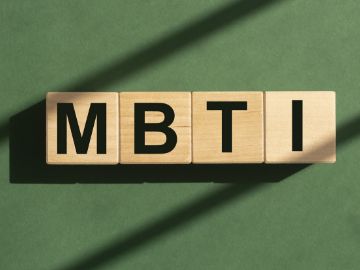How to Inventory Your Soft and Technical Skills

In a job search, clearly understanding your skills is an important element of success. Being able to clearly convey the skills that you have to an employer will give them more confidence to hire you. The more they understand your skills, the easier it is for them to see how you'll fit in. It is sometimes tough to define the skills that you have, however.
Create a skills inventory and begin to put your skills into two categories: soft skills and technical skills. Understand which skills are strongest and which skills need to be improved. Once completed, your inventory will be a vital tool in your job search.
What are the Two Types of Skills
Technical SkillsTechnical skills, also known as hard skills, are job-specific and used to demonstrate that you can perform your job successfully. Technical skills are obtained through training, courses, and on the job experience. You normally learn new technical skills through previous experiences in employment and education.
Reflect on your own previous experiences to identify which technical skills you have. If you are struggling to think of them on the spot, try and ask yourself some questions.
Are you proficient at using Microsoft Office applications?
Can you speak more than one language?
Can you operate a cash register?
If you answer yes to any of these questions, then great, you have a technical skill! If you answer no, then there is a skill gap in that area. Don't feel ashamed though, as there are an infinite amount of technical skills that a person can learn.
Here is a link to technical skills you should consider: https://www.glassdoor.com/blog/guide/hard-skills-examples/
Soft SkillsSoft skills are transferable skills that are closely associated with your personal qualities or traits. They are often things that you've been good at your whole life. Alternatively, they may also be skills that have been learned to help you perform better in your job.
Soft skills can be harder to define than technical skills. You may have to ask other people to help identify some of your soft skills. For example, if someone says that you helped them solve a problem, then you can list problem-solving as one of your soft skills.
Here are some soft skill examples:
- Communication
- Teamwork
- Problem-solving
- Time management
- Resourcefulness
- Empathy
- Leadership
- Persuasion
- Motivation
- Critical thinking
Recruiters may favor candidates with soft skills as they can more easily integrate into the office. A person may have exceptional technical skills, but if their soft skills are lacking then they may be unsuccessful in the workplace. In your job search, it is important to prove you are a well-rounded individual that has both technical and soft skills aplenty.
How to Build a Skills Inventory
Build a skills inventory to give employers an idea of what you are capable of. Dig deeper and continue asking yourself questions to have a better picture of the technical and soft skills you have. List down all the answers and begin thinking about how you can put them into an inventory.
Categorize your skills into soft and technical. Highlight the skills that are applicable to different job types that align with your interests. Rank them in terms of importance, identify gaps and see if there are any areas to improve or learn.
Once you have categorized your skills, write down evidence to support you having each particular skill. The more evidence you can provide, the better. You can draw upon this evidence during future applications and interviews.
Use a Skills Inventory in Your Job Search
A skills inventory is an essential tool for your job search. It is a visual representation of data that can be used to assist the application process. It not only benefits you, but also allows employers to make well-rounded hiring decisions.
Study job descriptions and match your skills to them in your resume and cover letter. Expand on your skills in interviews and work them into the conversation wherever possible. Make the employer aware that you are a highly skilled candidate and back it up with evidence.
Continue updating your inventory as you gain more experience. Allocate time in your job search to improve and learn new skills to add to your repertoire. Be clear and confident when discussing skills to leave an employer with no option but to hire you.



